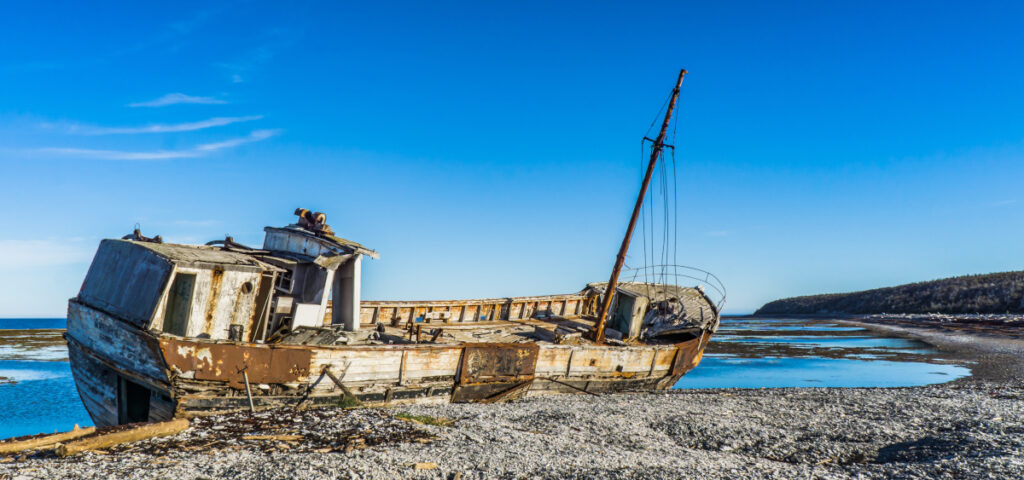Shipwrecks, oysters, piracy: our Criminal Code evolves with the times. However, it also contains some lesser-known and somewhat unusual offences. Have you heard of any of them?


Star marine mammals
The Tadoussac region is said to be the best area for whale watching. Believe it or not, our Criminal Code contains rules pertaining to the breeding of whales, dolphins and porpoises. It is forbidden to breed or to organize shows involving these animals without authorization. If you break these rules, you could receive a fine of up to $200,000.
Is Captain Jack Sparrow your idol?
In Canada, the first trial for piracy – the seizure and looting of a ship – was held in Halifax in 1809. Edward Jordan, his wife, and a sailor were accused of capturing the Three Sisters and murdering its crew. The star witness in the case was John Stairs, captain of the captured ship, who survived by clinging to a hatch cover before being rescued by American fishermen. Only Edward was convicted and sentenced to death in November of the same year.
Our Criminal Code takes piracy very seriously. It remains one of the most serious crimes in the country and is punishable by life imprisonment.
Sunken ships and other wrecks
On May 29, 1914, the transatlantic liner Empress of Ireland found itself at the bottom of the St. Lawrence River less than 14 minutes after a collision off Rimouski. With over 1,000 victims, it was Canada’s deadliest maritime tragedy.
Canadian law regulates the search of shipwrecks. It is forbidden to hide, disguise or conceal shipwrecks from those investigating the wreck. The term “wreck” includes both the sunken, stranded or distressed ship, as well as its discarded equipment or cargo.
Driftwood for your renovations?
Imagine yourself on a peaceful boat ride when some driftwood touches the hull of your boat. Upon inspection, you realize the wood is in good condition and that it’s marked as a product of logging. You bring the wood back with you, because you need it to build your new patio.
The Criminal Code specifically recognizes theft of logging timber and equipment as a crime. In the early 20th century, loggers transported loose logs on waterways by floating them to paper mills. Although decades have passed, theft of logging timber and equipment remains a serious crime. An accused could face trial by jury, which is not the case many lesser offences.
A pearl necklace, the perfect gift?
Natural pearls in jewelry come from oysters. As with driftwood, our Criminal Code devotes a specific section to oysters. Thus, an oyster bed that can be sufficiently identified belongs to the person who owns the land where the bed is located.
The charges do not have to specify the specific location from where the oyster was taken, given that locations may be imprecise in this type of farming. The sentence will be determined in the same way as for any other theft, notably by the value of the oysters taken.
|
Did you know? The Criminal Code applies not only in Quebec, but throughout Canada. It’s a very old law that bears witness to the country’s history. It reflects the evolution of social issues over time. |







